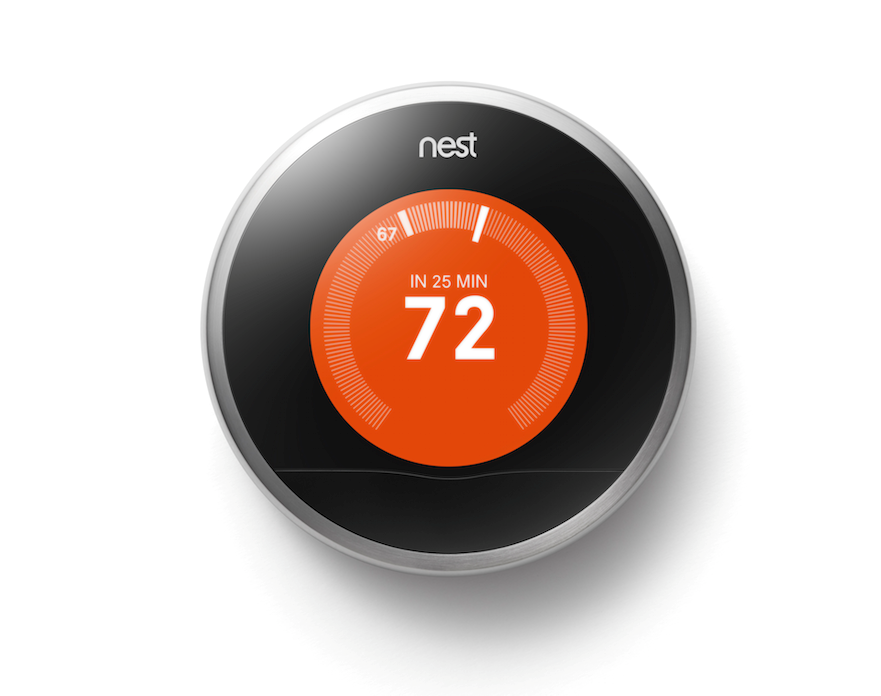Has Google overpaid for NEST?

On January 13, 2014, Google announced the acquisition of Nest Labs, the manufacturer of a thermostat of the same name and a trendy smoke sensor, for $ 3.2 billion. For Google, this is one of the most expensive purchases. Most of its acquisitions are cheaper, and comparable in size - Motorola Mobility, Doubleclick and YouTube. In this list, the deal with Nest ranks second among the largest acquisitions of Google after buying for $ 12 billion Motorola Mobility. The attractiveness of the deal for Nest is understandable, but why does it google, and has it overpaid for Nest?
The online edition of The Motley Fool believes that Google paid an amount equal to almost 13 (according to optimistic forecasts) annual revenues of Nest, and, considering that last year, in a round of venture financing (in which Google Ventures participated) Nest was estimated at only $ 800 million, then from this position, the M & A deal seems really too expensive. But everyone knows that this purchase was strategic. The author of the same publication in The Motley Fool believes that Nest can provide Google with information about consumer behavior outside the click of a computer mouse, observing their real life and collecting as much data as possible about users. What can be applicable, at least, in expensive advertising on the CPM model (Cost per mille). Google is very strong at monetizing through advertising!

Another common version is that in reality, Google paid for a brilliant team and equally brilliant intangible assets. About a hundred Nest employees previously worked at Apple, including founder and CEO Tony Fadell (Tony Fadell), who was the senior vice president of the iPod. The acquisition of the company will help Google to gain a foothold in the new market, known as the Internet of Things market: network-connected light bulbs, toasters, locks and other home appliances.
Considering the motives for the purchase of Nest, one should not underestimate the patent component (Nest has about 40 own patents and another 60 purchased ones). Google aimed at the home consumer electronics market - the segment is very new for the company, and therefore it would be difficult to just enter here.
')

The founders of Nest are Matt Rogers and Tony Fadell and Google CEO Larry Page (center).
According to Business Insider , “If you count the volume of the Internet of Things market as the sum of all the income accumulated from the sale of connected devices and all related services ... its volume will reach $ 2.5 trillion. by 2020. "
So, based on financial performance, Google paid a lot. But it’s obvious that the strategic potential of this deal is enormous, so the answer, after all, will depend on how successfully Google takes advantage of this purchase.
Finally, it can be said with confidence that the ever-increasing dynamics of transferring the capital of large Silicon Valley companies towards offline assets can be traced, which was also noticeable at the last exhibition in Las Vegas CES 2014 .
What do you think: Has Google overpaid for NEST ?
Source: https://habr.com/ru/post/210134/
All Articles